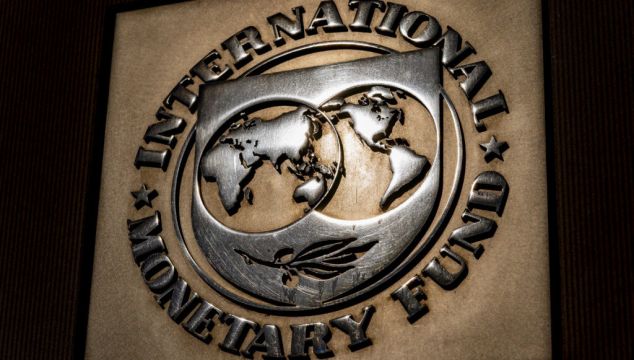Pakistan and the International Monetary Fund (IMF) have reached a preliminary agreement for the release of $1.1 billion (€1.01 billion) from a $3 billion bailout following talks in Islamabad, the IMF said.
Under the deal, Pakistan will receive the final tranche from the bailout that was approved by the IMF last July to save the nation from defaulting on its debt repayments.
An IMF statement said it “has reached a staff-level agreement with the Pakistani authorities” and noted that approval by the IMF’s executive board “is considered a formality”.
The announcement came after talks between the IMF and the new government of Prime Minister Shehbaz Sharif concluded in Islamabad.
Finance minister Muhammad Aurangzeb and the IMF’s mission chief to Pakistan, Nathan Porter, led their teams during the talks, which began on Thursday last week.
Pakistan signed the latest short-term agreement last year to overcome one of the worst economic crises in its history that had raised fears the South Asian Islamic nation could default on the payment of foreign debts.
The $3 billion bailout was signed by Mr Sharif, who replaced former Premier Imran Khan after a no-confidence vote in parliament.

Mr Sharif was again elected the country’s premier this month following parliamentary elections on February 8th.
The latest development came weeks after Khan wrote a letter to the IMF urging it to link any talks with Islamabad to an audit of the recent elections, which his Pakistan Tehreek-e-Insaf party says were rigged. Authorities have dismissed the charge as baseless.
Pakistani authorities have criticised Mr Khan for writing the letter, saying it was a bid to harm the country’s already ailing economy.
Pakistan narrowly averted a default on foreign payments last summer.
In its statement on Wednesday, the IMF said “Pakistan’s economic and financial position has improved” in recent months.
However, it noted the “growth is expected to be modest this year and inflation remains well above target, and ongoing policy and reform efforts are required to address Pakistan’s deep-seated economic vulnerabilities amidst the ongoing challenges posed by elevated external and domestic financing needs and an unsettled external environment”.
The IMF said Mr Sharif’s government is committed to continue the policy efforts that started under the current bailout “to entrench economic and financial stability for the remainder of this year”.
It said Pakistani authorities are determined to take steps to further improve the country’s economy by broadening the tax base, and through the timely implementation of power and gas tariff adjustments, while protecting the vulnerable through existing progressive tariff structures.
The IMF said Pakistan has also expressed interest in receiving a new bailout. Pakistan wants to seek a new bailout of up to $8 billion when the current one expires this month, it said.







